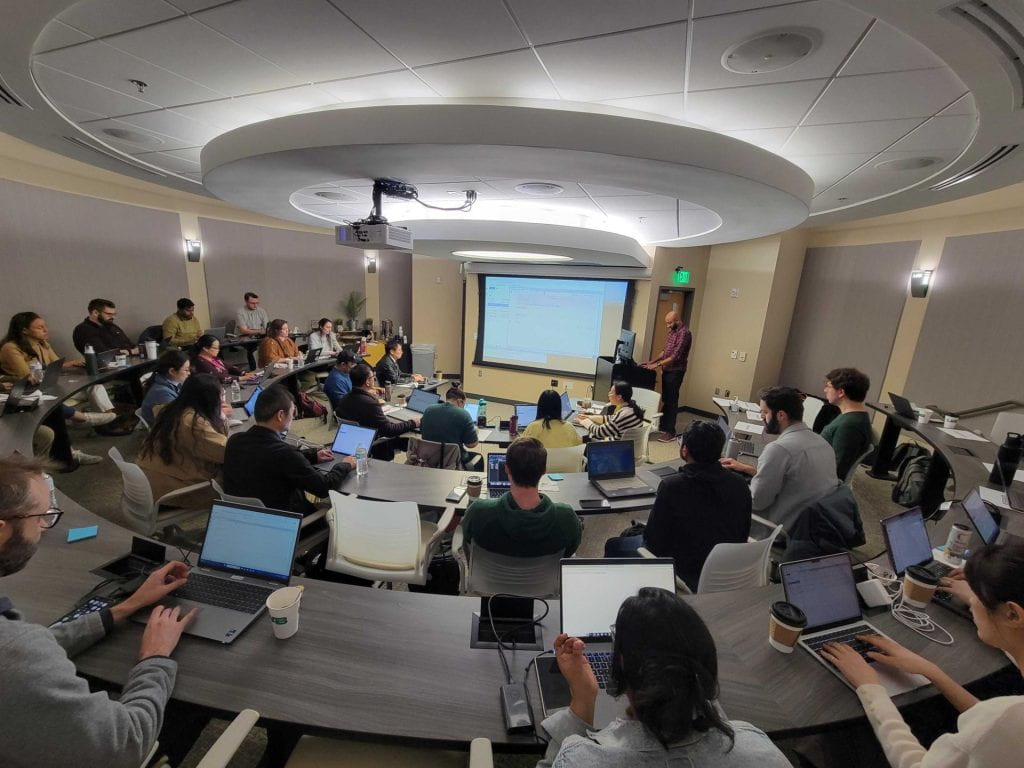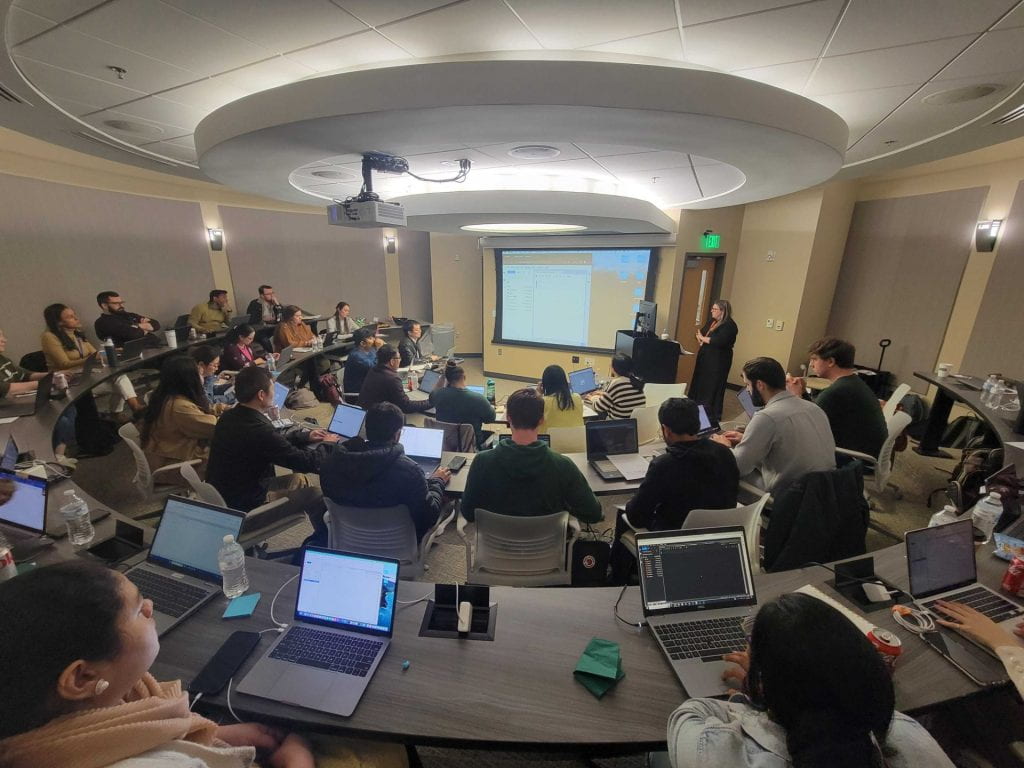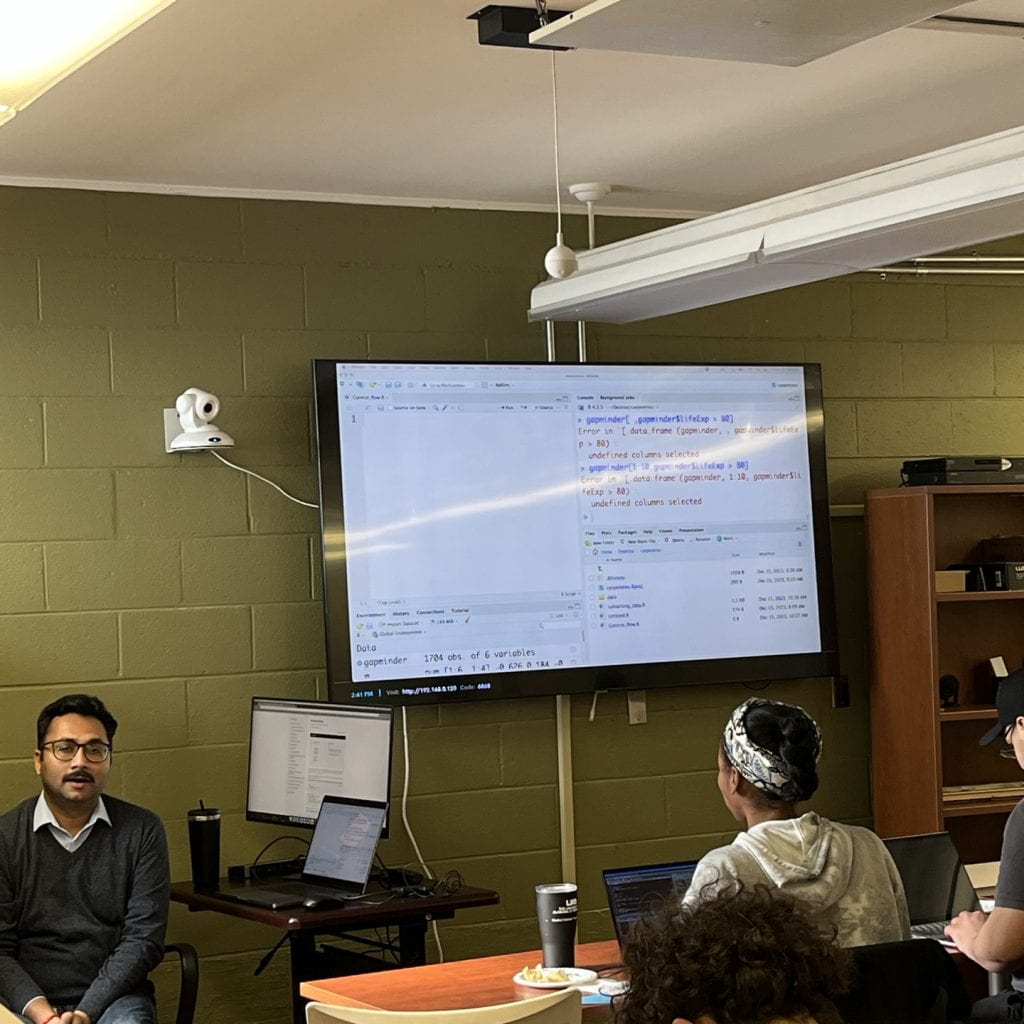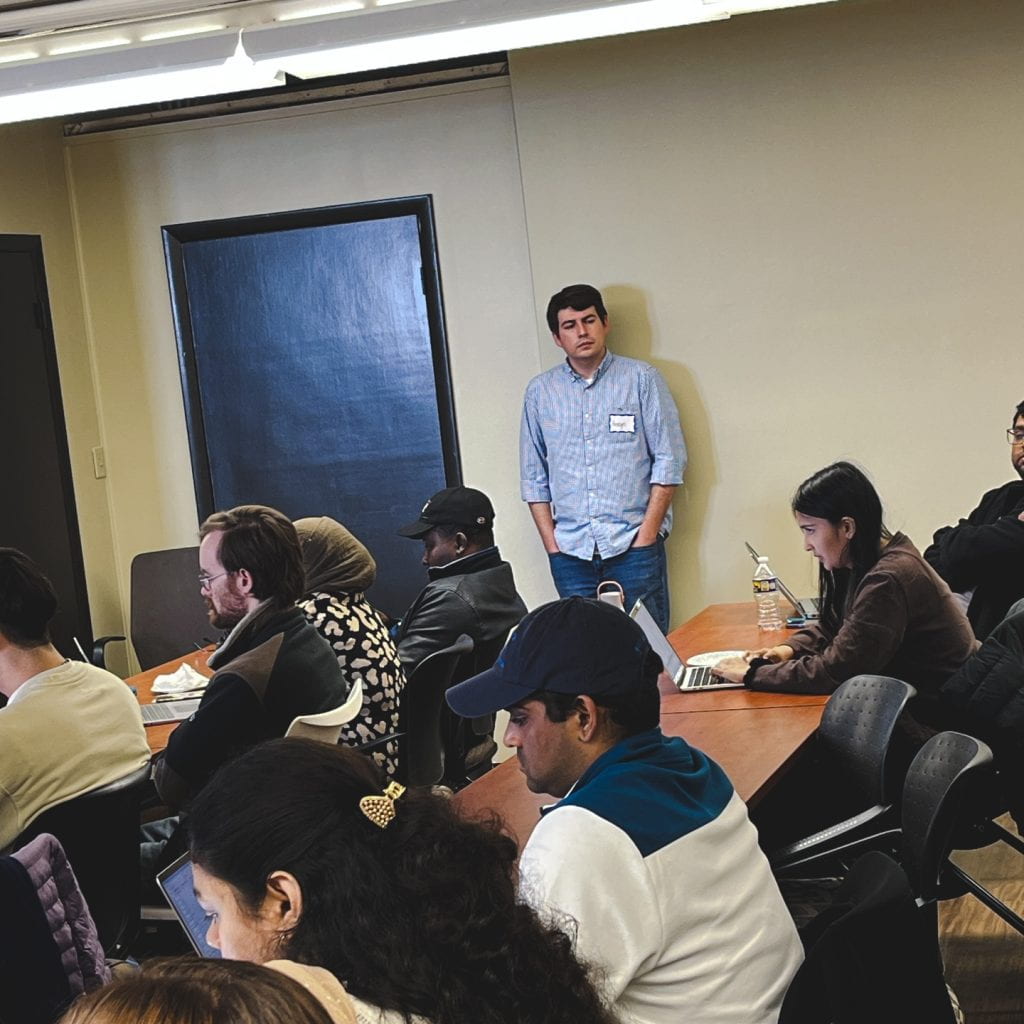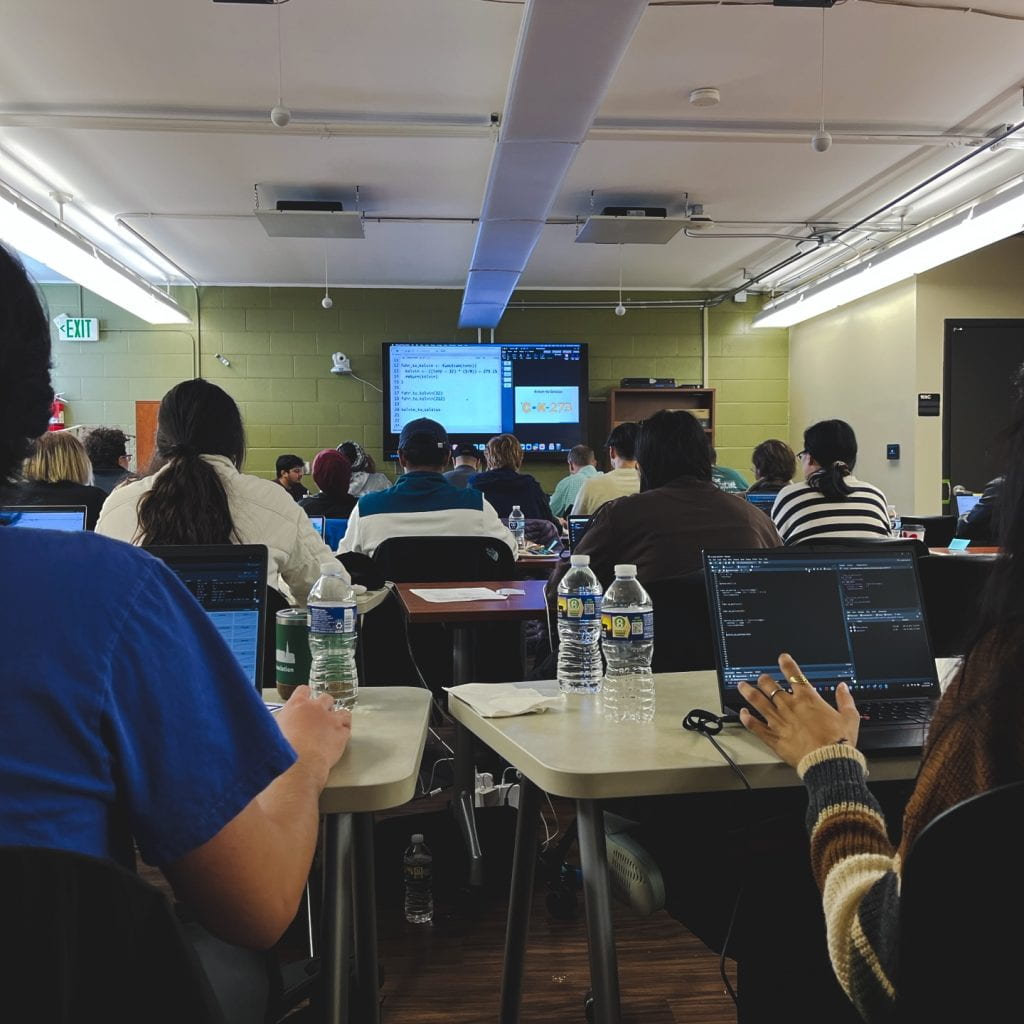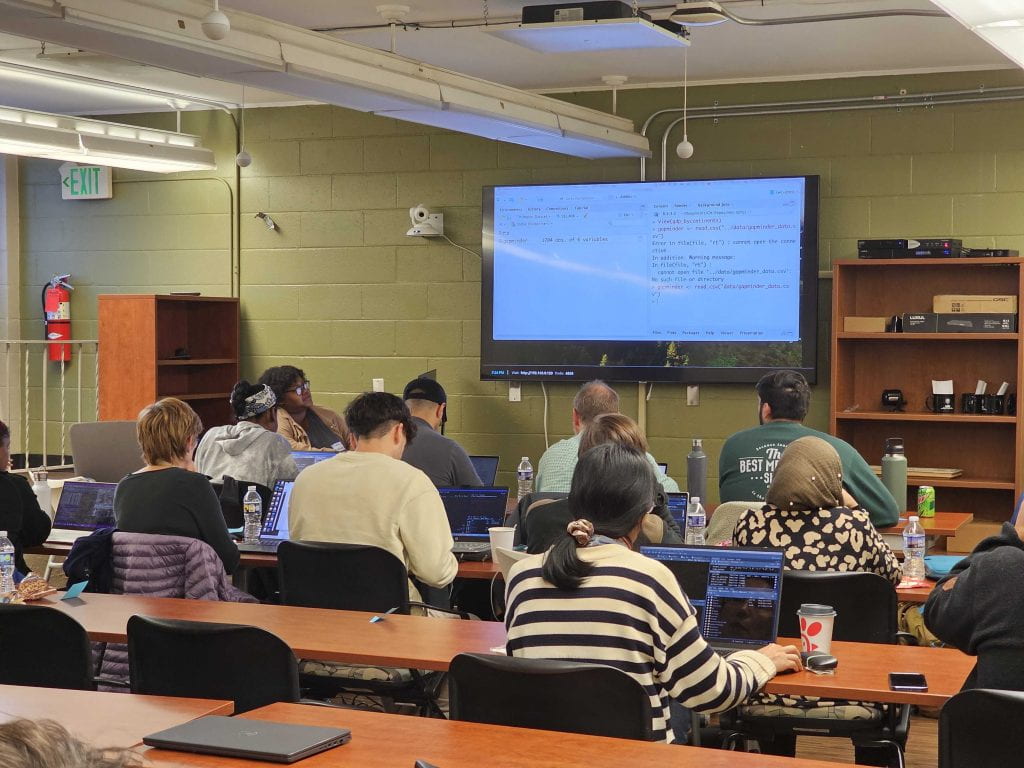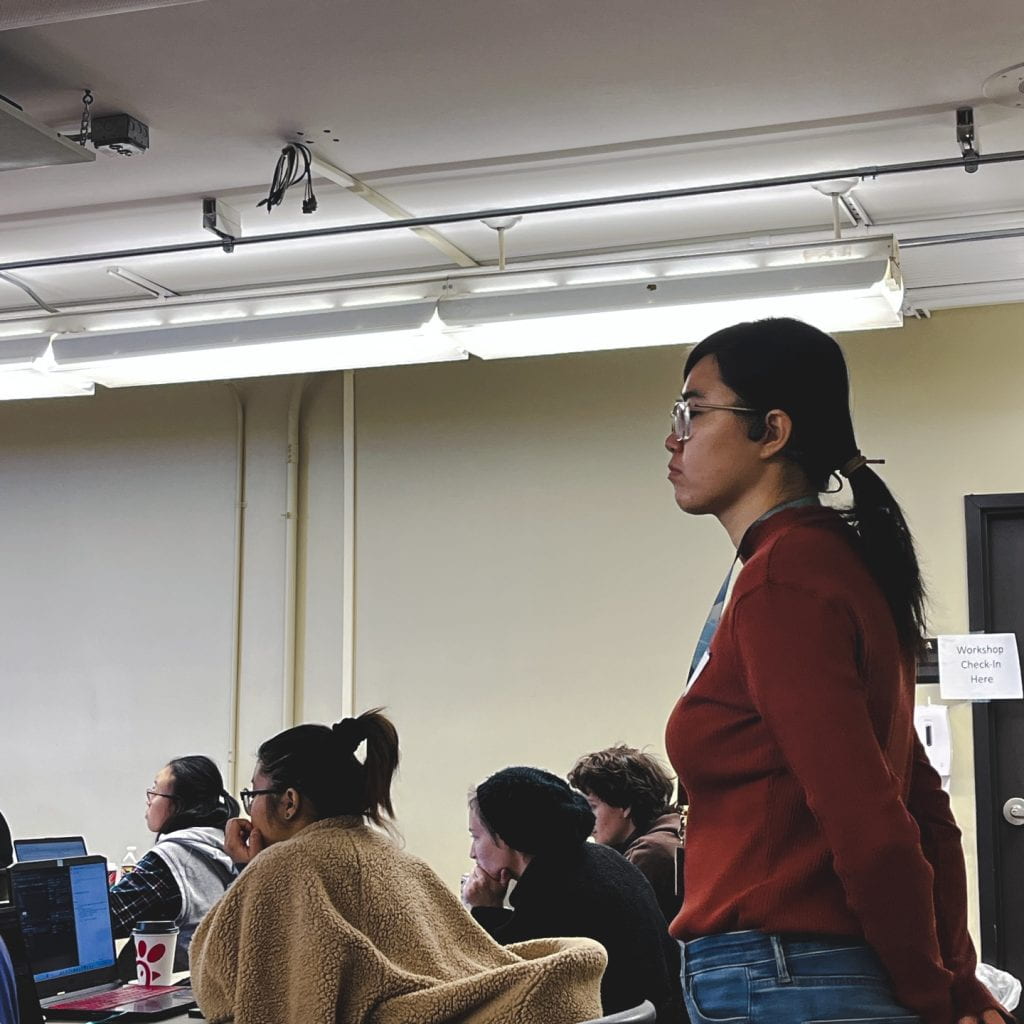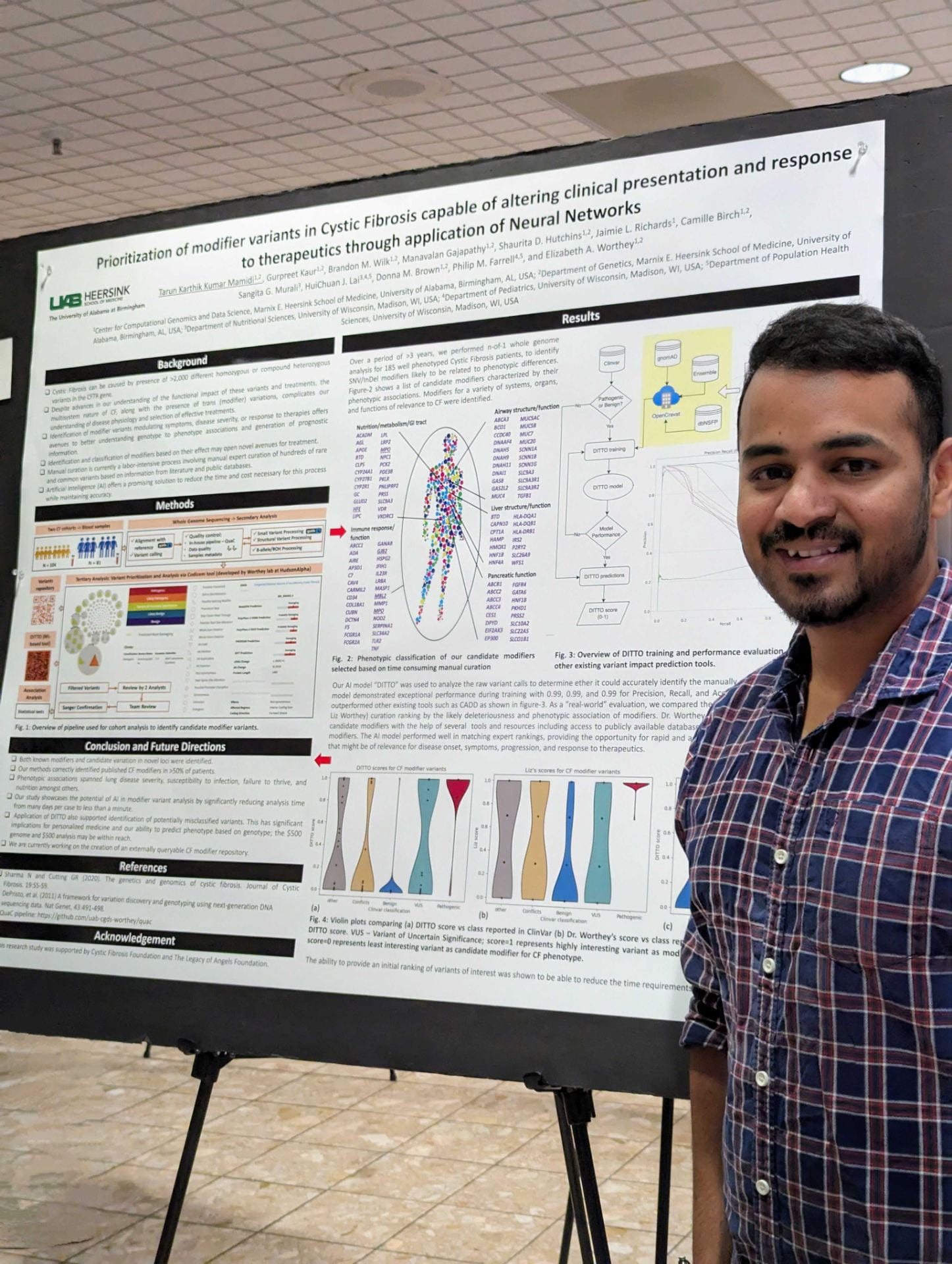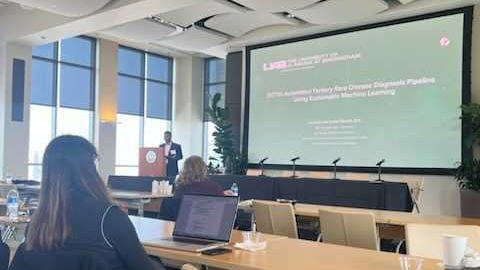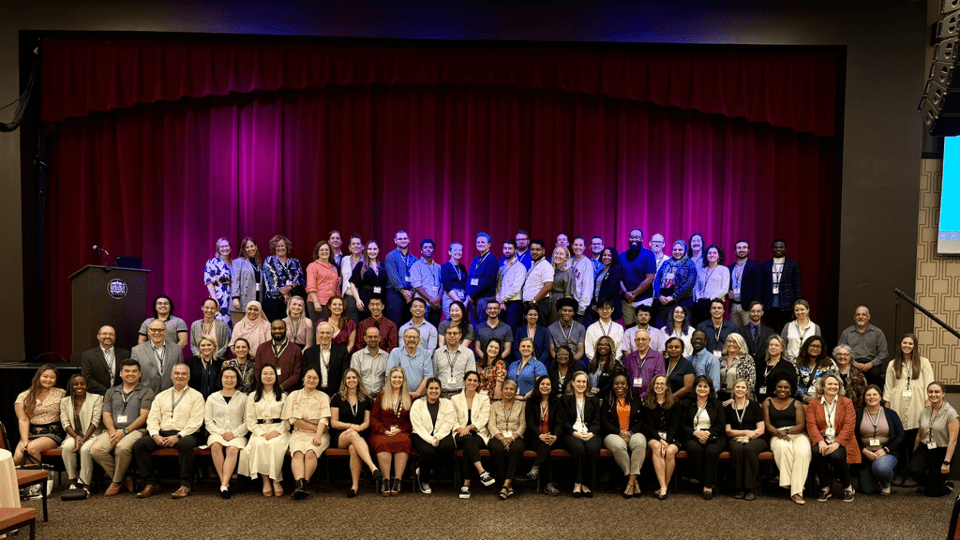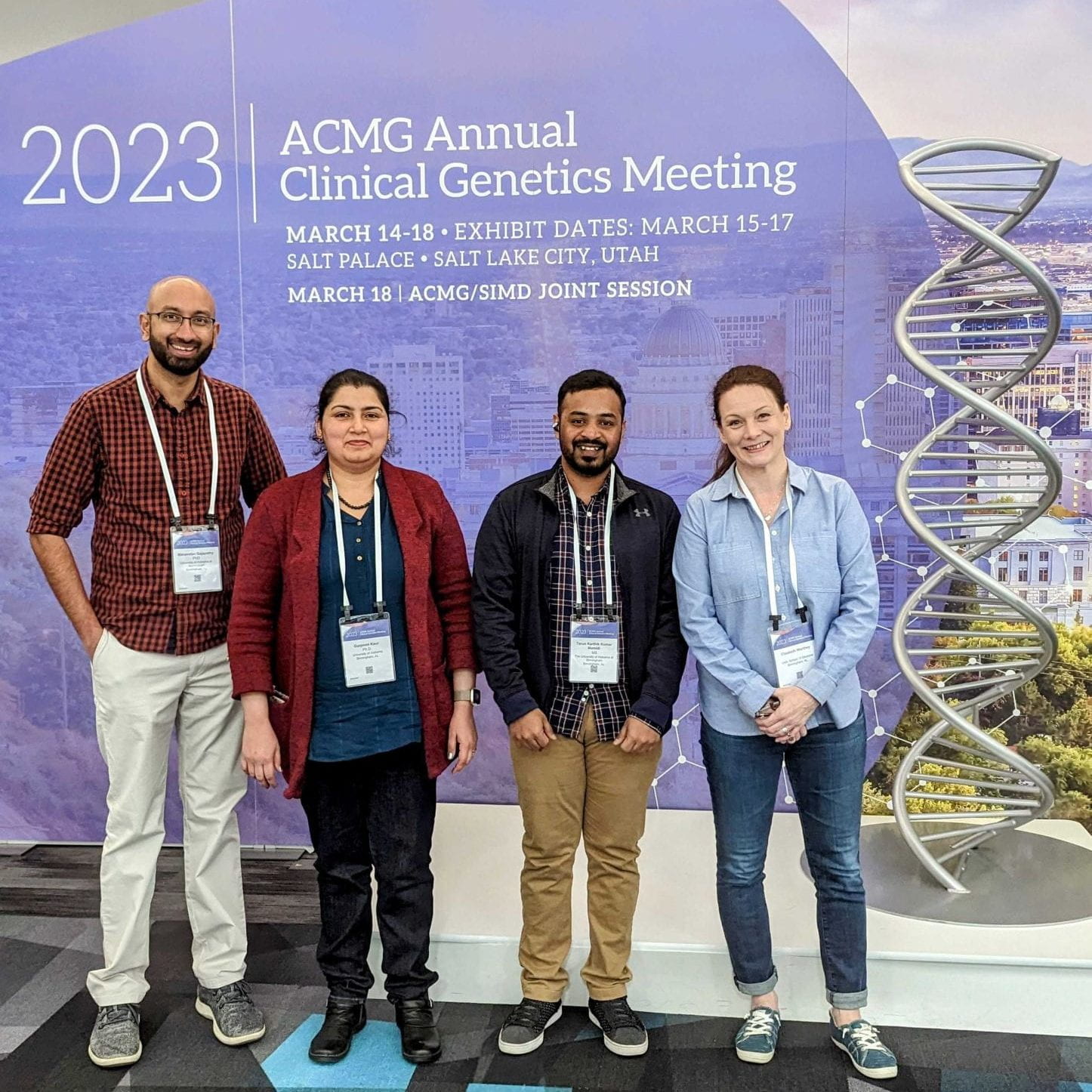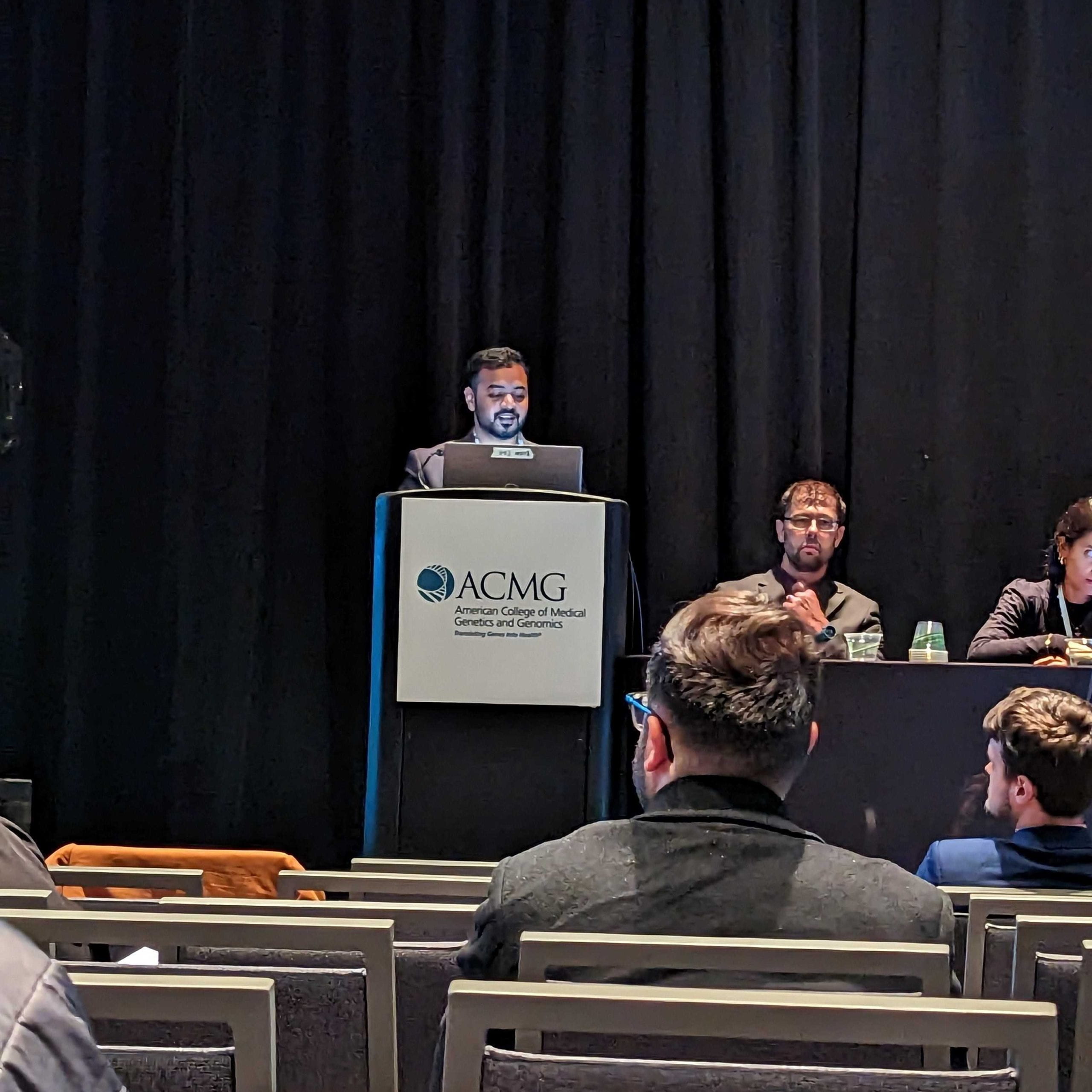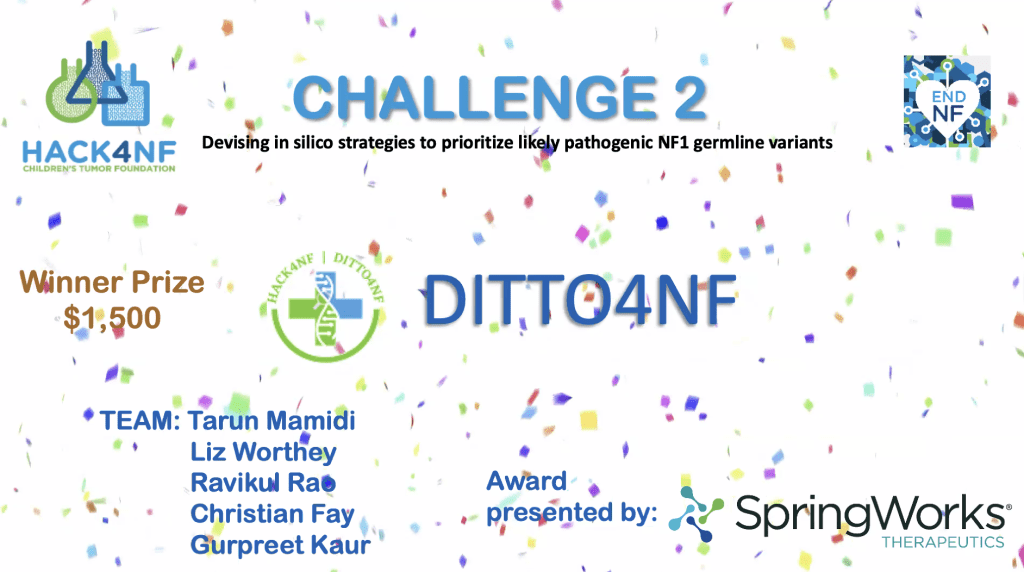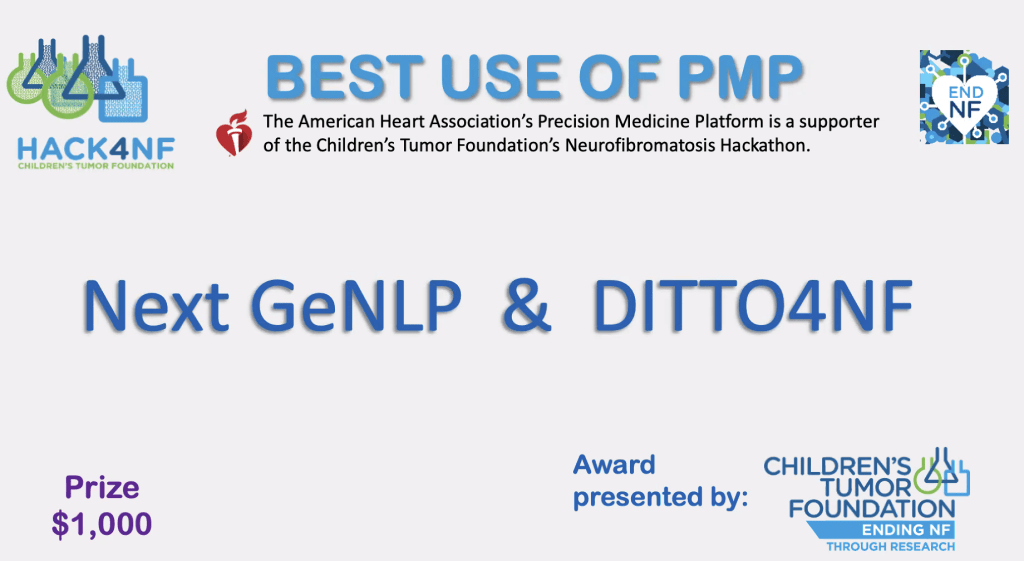We’re excited to announce that Rabab Fatima, a Software Developer II at CGDS, has been accepted into the Master’s in Computer Science (Online) program at the Georgia Institute of Technology, starting Spring 2024.
Rabab’s decision to pursue this advanced degree stems from her commitment to deepening her expertise in Computer Science and Software Engineering, with a keen focus on the Interactive Intelligence specialization. This specialization aligns with her passion for exploring the intersection of Artificial Intelligence, Human-Computer Interaction, and Cognitive Science.
Rabab’s goal is to harness the knowledge and skills acquired through the OMSCS program to innovate and create cutting-edge technical products and tools. She aims to develop solutions that are not only technologically advanced but also intelligent and human-centered, reflecting a deep understanding of cognitive science alongside the latest developments in AI and Machine Learning. Rabab’s journey into this prestigious program is a testament to her dedication to her professional growth and her vision for contributing meaningful advancements in the tech world.
We congratulate Rabab on this significant achievement and look forward to the innovative contributions she will undoubtedly make to our field with the insights gained from her studies at Georgia Tech.
